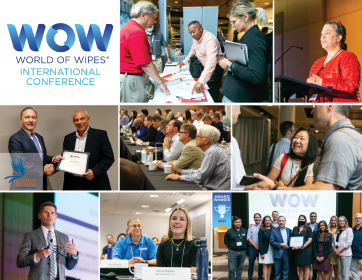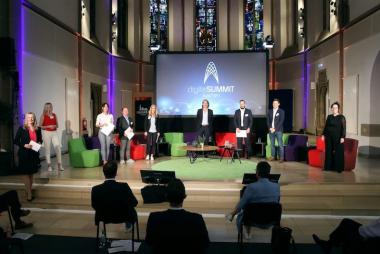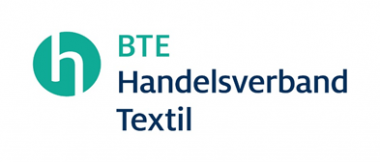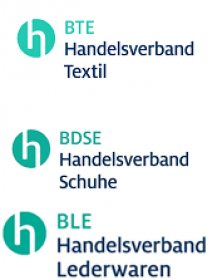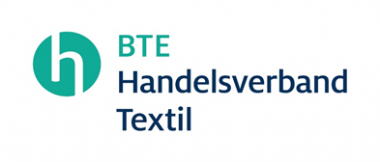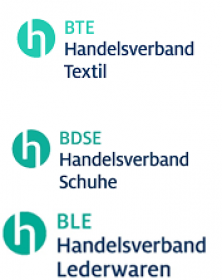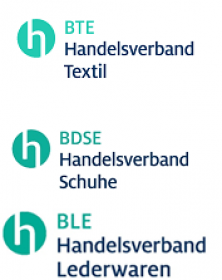INDA: RISE® - Virtual Conference and Speakers announced
The 11th edition of RISE®, Research, Innovation & Science for Engineered Fabrics Conference will be presented virtually on Sept. 28-30 with more than 150 professionals in product development, materials science, and new technologies.
The conference will culminate on Sept. 30 with the presentation of the 2021 RISE® Innovation Award recognizing problem-solving innovations that advance the nonwovens industry.
The program includes presentations from industry leaders, round-table discussions and question-and-answer sessions on the key themes of material science developments for sustainable nonwovens, sustainability, increasing circularity in nonwovens, and promising innovations in nonwovens, processes and materials:
- Promising Materials Development Using PLA
presented by Behnam Pourdeyhimi, Ph.D., William A. Klopman Distinguished Professor and Executive Director, North Carolina State University, The Nonwovens Institute - Phantom Platform: The Polyolefin-cellulose Coformed Substrates Technology at Its Best, featuring insights from Fabio Zampollo, CEO, Teknoweb Materials S.r.l.
- Biotransformation Technology in Polyolefin Fibers and Nonwoven Fabrics, Focus on Fugitive Used Articles
with speakers, DeeAnn Nelson, Ph.D., Development Program Manager, and Nick Carter, Vice-President of Marketing and Business Intelligence, both from Avgol Nonwovens - High-Loft, Ultra-Soft Hygiene Solutions,
presented by Paul Rollin, Ph.D., Global Team Lead – Nonwovens, ExxonMobil Chemical Company - Innovating a Sustainable Future for Nonwovens; A European Perspective
given by Matthew Tipper, Ph.D., Operations Director, Nonwovens Innovation & Research Institute Ltd., (NIRI), UK - Filtration Media Functionalized with Zinc Oxide
by Wai-shing Yung, Ph.D., Technical Director, Ascend Performance Materials
INDA Association of the Nonwoven Fabrics Industry RISE® Conference digital nonwovens Sustainability
INDA









